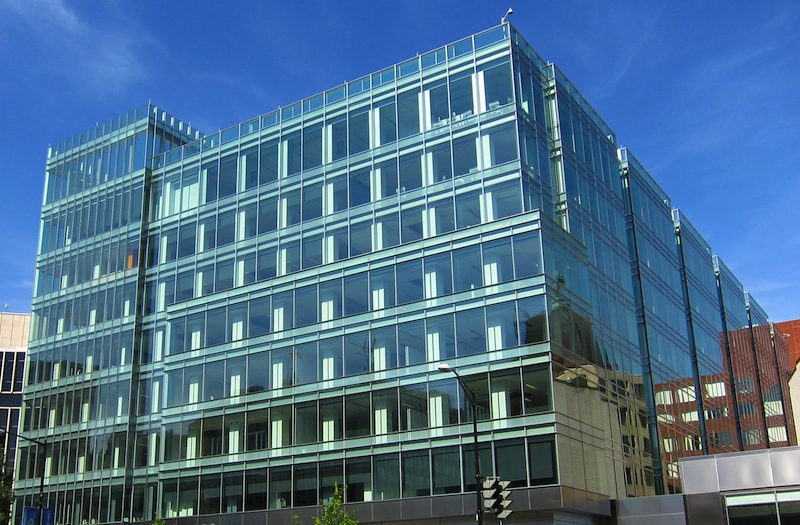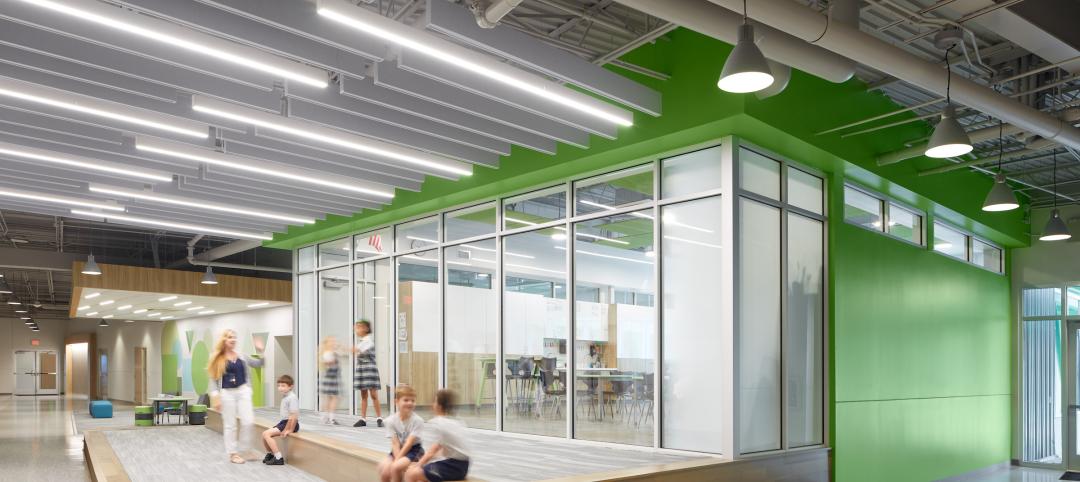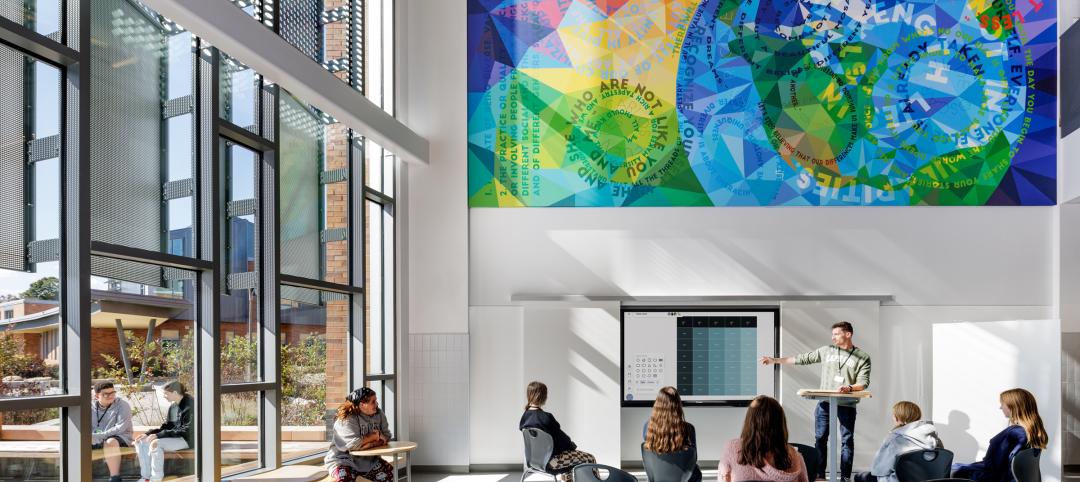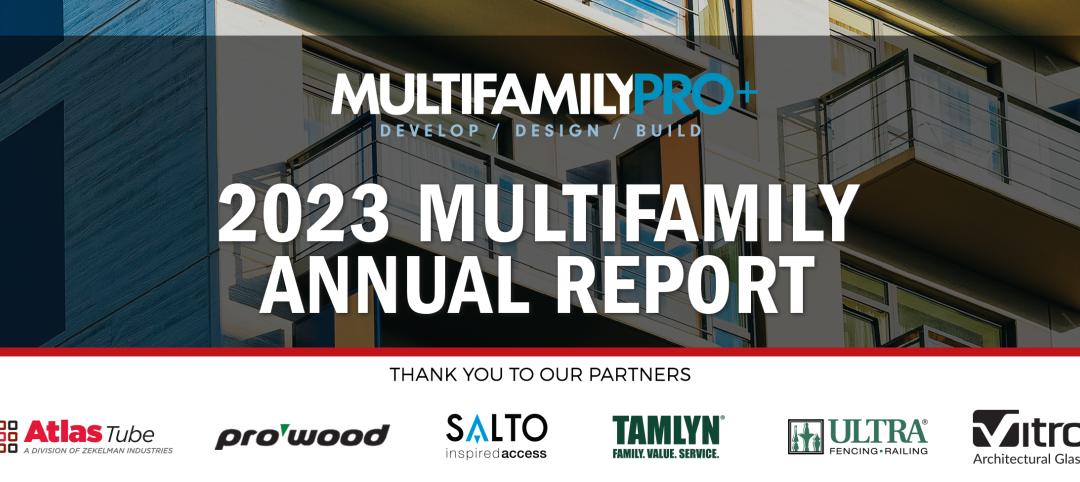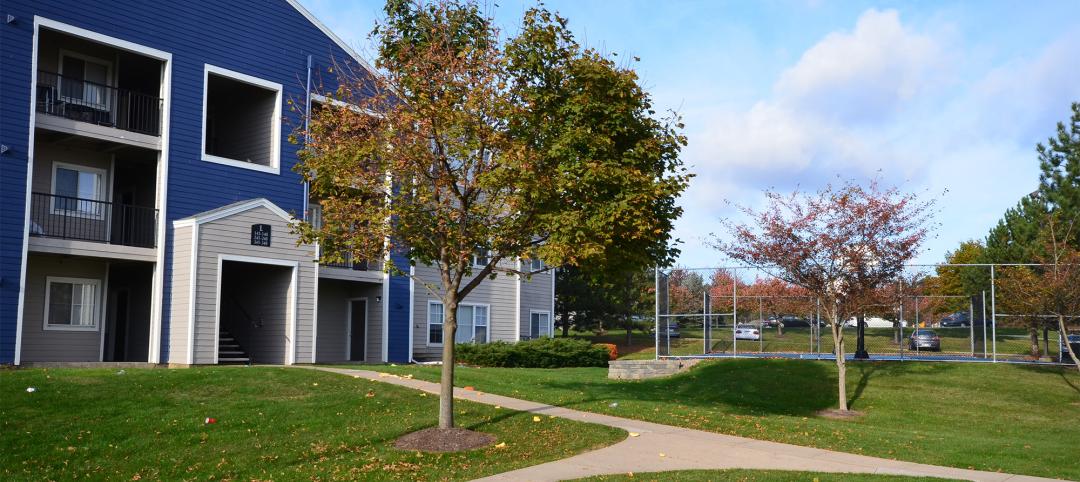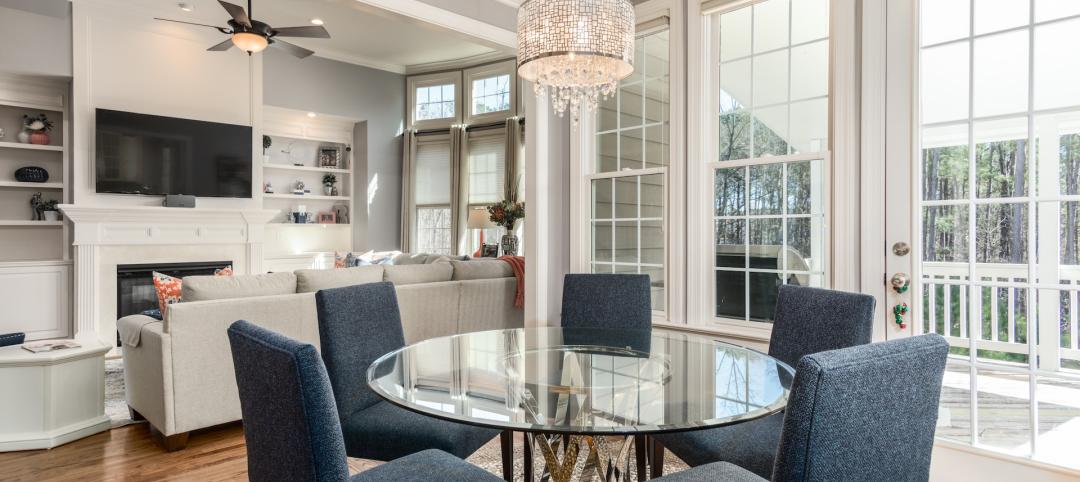Worries about legal liability have long dogged the sustainable building movement, but insurance expert Karen Erger (Locton Companies) and attorney Eric Singer (Ice Miller LLP) say sustainability lawsuits are caused by the same types of issues that have always prompted clients to sue AEC firms. "The 'new' risks of green design are the same as in any kind of design," says Erger. The two presentated at BUILDINGChicago earlier this week (download the presentation).
Suits tend to center around four areas:
- Client expectations unmet (desired level of certification not achieved, project failed to qualify for incentives, energy savings not realized, sustainable elements increased cost or caused delay).
- Elevated standard of care.
- Uninsurable guarantees or warranties.
- Problems caused by new products or systems (didn't work as advertised, weren't installed properly, weren't operated or maintained properly).
The best tools for managing such risks are well-established, according to Erger and Singer:
- Define and document the client's goals. (Don't guarantee that goals will be achieved; set and reinforce reasonable expectations throughout the project; don't assume risk of factors you can't control.)
- Set a reasonable standard of care. Don't allow elevated language about your performance to creep into the contract (such as incorporation of marketing language from your initial proposal).
- Don't warrant or guarantee outcomes (specific level of a standard, specific energy savings, etc.).
- Do due diligence when specifying products. (Get the owner's informed consent for using new products, and document your research -- even if most if it is digital. Print it or take screen shots, and put it in a project file that you can find later.)
Singer says the AIA's Guide for Sustainable Projects (D503-2011) is "a really good guide for contract language modification and risk protection." The 2012 AIA Sustainable Projects (SP) forms incorporate model language into existing AIA contract documents (A101, A201, A401, B101, C401). Singer and Erger placed particular emphasis on not guaranteeing achievement of specific sustainability goals, on avoiding unduly elevating the standard of care beyond the ordinary level of professional practice, and on avoiding taking responsibility for functions that are being performed by other parties, including the contractor, subs, and the owner.
The AIA's form B101-2007 SP offers language protecting the architect when untested materials and equipment will be used, and the association also offers "Client Waiver and Informed Consent to use an Experimental Green Product." Since a manufacturer may no longer be in business months or years later, if a problem arises, management of legal liability for the use of experimental green products is important.
Related Stories
Sustainability | Nov 1, 2023
Tool identifies financial incentives for decarbonizing heavy industry, transportation projects
Rocky Mountain Institute (RMI) has released a tool to identify financial incentives to help developers, industrial companies, and investors find financial incentives for heavy industry and transport projects.
Contractors | Nov 1, 2023
Nonresidential construction spending increases for the 16th straight month, in September 2023
National nonresidential construction spending increased 0.3% in September, according to an Associated Builders and Contractors analysis of data published today by the U.S. Census Bureau. On a seasonally adjusted annualized basis, nonresidential spending totaled $1.1 trillion.
Sponsored | MFPRO+ Course | Oct 30, 2023
For the Multifamily Sector, Product Innovations Boost Design and Construction Success
This course covers emerging trends in exterior design and products/systems selection in the low- and mid-rise market-rate and luxury multifamily rental market. Topics include facade design, cladding material trends, fenestration trends/innovations, indoor/outdoor connection, and rooftop spaces.
Giants 400 | Oct 30, 2023
Top 170 K-12 School Architecture Firms for 2023
PBK Architects, Huckabee, DLR Group, VLK Architects, and Stantec top BD+C's ranking of the nation's largest K-12 school building architecture and architecture/engineering (AE) firms for 2023, as reported in Building Design+Construction's 2023 Giants 400 Report.
Giants 400 | Oct 30, 2023
Top 100 K-12 School Construction Firms for 2023
CORE Construction, Gilbane, Balfour Beatty, Skanska USA, and Adolfson & Peterson top BD+C's ranking of the nation's largest K-12 school building contractors and construction management (CM) firms for 2023, as reported in Building Design+Construction's 2023 Giants 400 Report.
Giants 400 | Oct 30, 2023
Top 80 K-12 School Engineering Firms for 2023
AECOM, CMTA, Jacobs, WSP, and IMEG head BD+C's ranking of the nation's largest K-12 school building engineering and engineering/architecture (EA) firms for 2023, as reported in Building Design+Construction's 2023 Giants 400 Report.
MFPRO+ Special Reports | Oct 27, 2023
Download the 2023 Multifamily Annual Report
Welcome to Building Design+Construction and Multifamily Pro+’s first Multifamily Annual Report. This 76-page special report is our first-ever “state of the state” update on the $110 billion multifamily housing construction sector.
Smart Buildings | Oct 27, 2023
Cox Communities partnership levels up smart tech for multifamily customers
Yesterday, Cox Communities announced its partnership with Level Home Inc., a provider of next-generation smart IoT solutions for multifamily customers.
Student Housing | Oct 25, 2023
Pierce Education Properties acquires Penn State student housing
The two communities offer a wide range of amenities, including swimming pools with sun decks, study rooms with complimentary printing services, fitness centers, tennis court, and sand volleyball courts.
Senior Living Design | Oct 19, 2023
Senior living construction poised for steady recovery
Senior housing demand, as measured by the change in occupied units, continued to outpace new supply in the third quarter, according to NIC MAP Vision. It was the ninth consecutive quarter of growth with a net absorption gain. On the supply side, construction starts continued to be limited compared with pre-pandemic levels.


